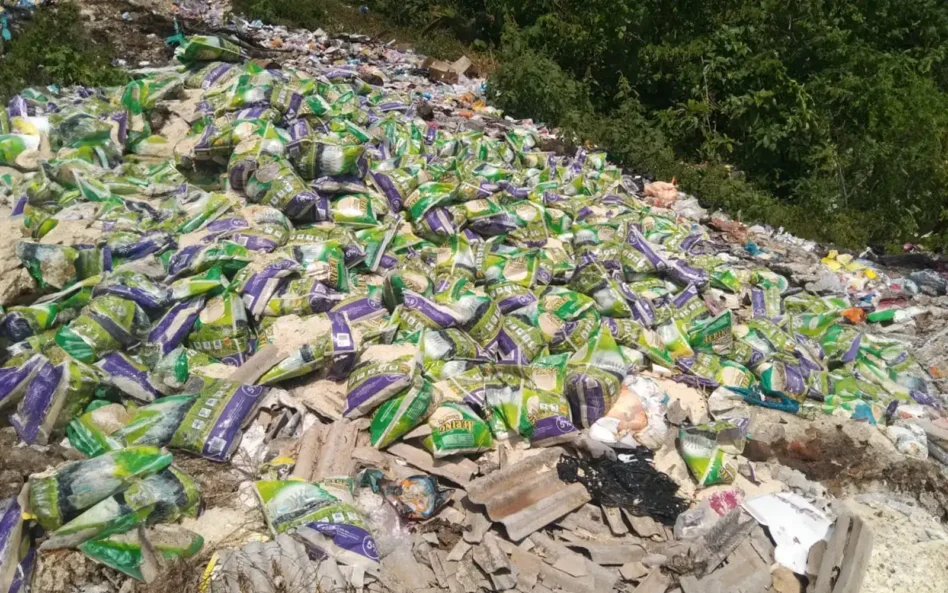NOVEMBER has already proven crippling for American communities battling COVID-19 spikes in cases, hospitalisations and deaths, according to CNN. Experts warn it will likely get worse before it gets better.
For the tenth day in a row, the US has reported more than 100,000 infections. On Thursday, with its highest number yet at more than 153,000 new infections, the country inched closer to what one expert predicted could soon become a devastating reality with 200,000 cases a day.
Two US states this week surpassed one million total COVID-19 infections. For the third consecutive day, the country set a record for hospitalisations, which now total more than 67,000.
Meanwhile, the CNN news site also highlighted that India will celebrate its biggest festival, Diwali, this weekend, as it battles the world’s second-highest coronavirus caseload and enters its annual air pollution season.
Experts fear those factors combined could lead to a surge in coronavirus cases, especially in the capital where infections are already rising rapidly.
For many of the country’s 1.3 billion people, it’s the most important festival of the year and is equivalent in importance to Christmas in many Western countries. But this year, it’s being held during a global pandemic.
In England, people with learning disabilities died from COVID-19 at a far higher rate than the general population, according to new research from Public Health England (PHE).
Researchers at the agency examined data from The English Learning Disabilities Mortality Review (LeDeR) as well as data on deaths in hospital settings from NHS England.
They found that 451 people per 100,000 who had a learning disability died with COVID-19 in the spring wave. The deaths were recorded between March 21 and June 5.
That death rate is 4.1 times higher than that of the general population, but PHE said Friday that the real rate may be up to 6.3 times higher, as not all deaths are registered in the two databases used.
People with learning disabilities are more likely to have other physical health problems, including obesity and diabetes, PHE said Friday. People with underlying health conditions are most at risk from coronavirus.
“Certain kinds of learning disability, such as Down’s syndrome, can make people more vulnerable to respiratory infections, which can increase their risk of dying from COVID-19,” the PHE statement said.
The UK’s care homes were also hit hard by coronavirus during the first wave of the pandemic, a fact which has since caused public outcry.
“There are now regular tests in care homes to make sure cases of coronavirus can be quickly identified and isolated, even if people do not recognise the symptoms themselves,” Newton said, adding that it remained essential to practice rigorous infection control.
Additionally, CNN also reported that Russia recorded 21,983 new COVID-19 cases on Thursday, the highest number of infections it has reported in a single day since the start of the pandemic, according to data from the country’s coronavirus response center.
The total number of COVID-19 cases in Russia as of November 13 is 1,880,551 with an official death toll of 32,443, while the previous highest daily caseload was recorded on November 9, with 21,798 infections.
Brazil’s Pfizer to see vaccine supply by 2021
Pfizer’s head in Brazil said the drugmaker is negotiating with the largest nation in South America to supply its potential COVID-19 vaccine in the first quarter of 2021, reported Al Jazeera.
“We are working strongly with the Brazilian government to try to fast-track the availability [of the vaccine] in Brazil as fast as possible,” Pfizer’s Brazil country manager Carlos Murillo said during an online event.
Pfizer earlier this week said initial data from its late-stage trials showed the vaccine to be more that 90% effective, putting it in the lead among major pharmaceutical companies racing to develop a COVID-19 vaccine to help stop the pandemic that has claimed over 1.2 million lives globally.
The vaccine, however, needs to be stored at minus 70 degrees Celsius, a potential barrier in developing countries where finding the necessary storage chain could be an obstacle. – Nov 14, 2020










